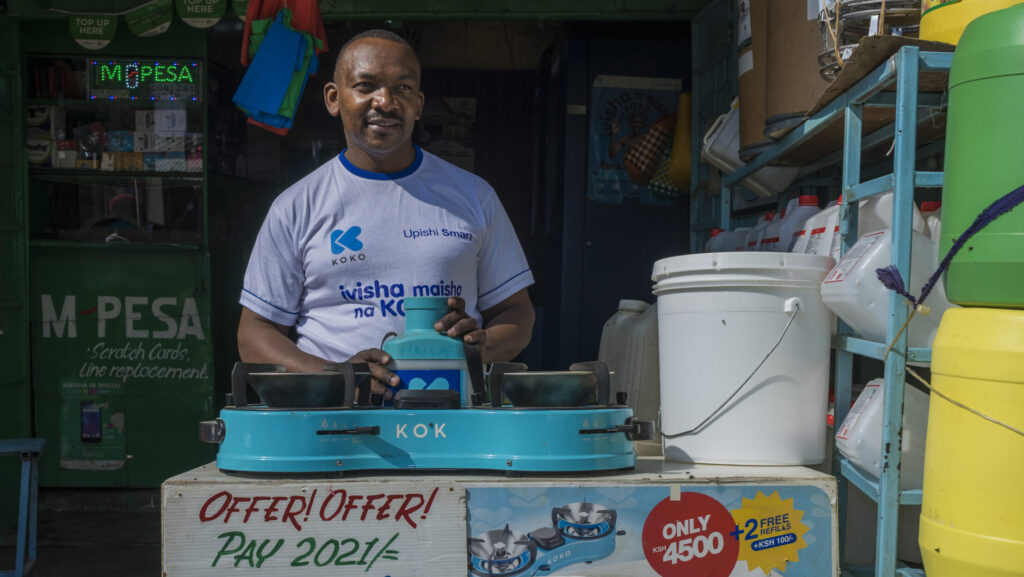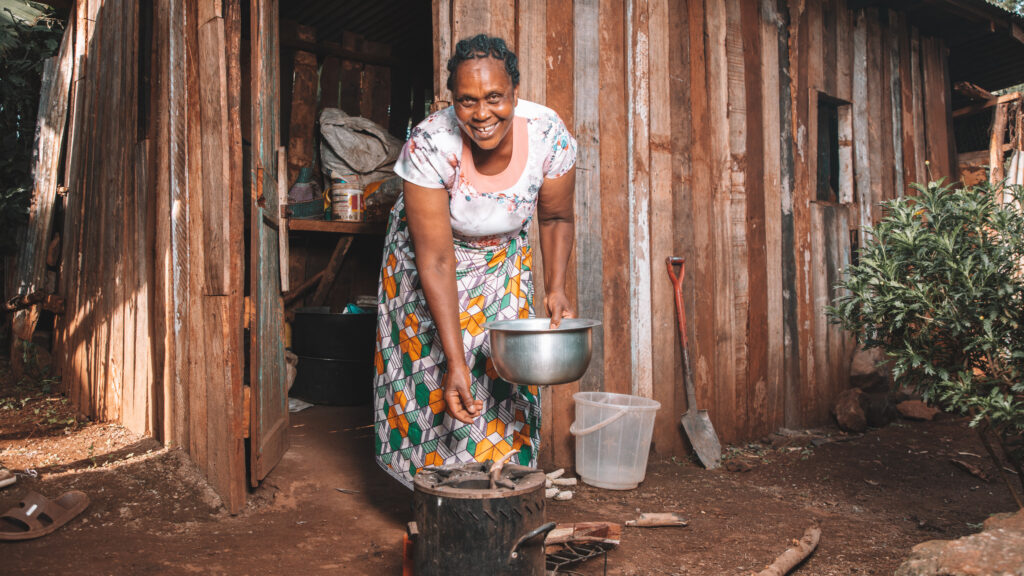From Principles to Practice: CCA’s Role in Transforming Clean Cooking Carbon Finance
The Clean Cooking Alliance (CCA) is actively advancing carbon finance initiatives to promote clean cooking solutions, recognizing the pivotal role of carbon markets in addressing the global climate and energy crises. By channeling investments into clean cooking, these markets can reduce costs for consumers, accelerate company growth, and facilitate market expansion, thereby delivering widespread health and environmental benefits.
Yet, the potential of carbon markets will only materialize under certain conditions, including clear rules that establish trust among buyers and project developers; tools and information that make it possible for businesses to participate; and a supportive network of partner organizations. CCA is furthering these conditions through a range of efforts:
Setting a strong foundation for clean cooking carbon projects
In 2023, CCA introduced the Principles for Responsible Carbon Finance in Clean Cooking, emphasizing integrity, transparency, fairness, and sustainability. Developed through extensive public consultation with input from hundreds of stakeholders in climate finance and clean cooking, these principles aim to enhance confidence among buyers, investors, households, and governments, thereby encouraging responsible conduct and investment in clean cooking carbon markets. This work set the stage for a forthcoming code of conduct, as well as a buyer’s guide to high-quality cookstove credits.
Developing a trusted methodology for estimating emissions reductions
CCA leads the Clean Cooking and Climate Consortium (4C) in developing the Comprehensive Lowered Emissions Assessment and Reporting (CLEAR) Methodology for Cooking Energy Transitions. By eliminating the need for multiple methodologies, CLEAR is intended to become the standard for clean cooking projects under Articles 6.2 and 6.4 of the Paris Agreement and the voluntary carbon market. 4C has submitted CLEAR to voluntary carbon crediting programs; as a public good, it will be available to any standards body.
Standardizing how clean cooking solutions are evaluated
CCA supports the establishment of consistent testing methods and reporting metrics, as defined by international standards, to help consumers and suppliers navigate clean cooking carbon markets. Standardized protocols enable regional testing and knowledge centers to evaluate and communicate stove and fuel performance concerning efficiency and emissions. These results serve as valuable references for governments, manufacturers, standards bodies, and carbon buyers.
Making data more accessible
To improve the visibility of clean cooking carbon projects, CCA launched the first free, interactive tool of registered, pipeline, and retired clean cooking carbon projects. Updated weekly with data from MSCI Carbon Markets, the dashboard can be used to track cumulative issuances and retirements or to see the availability of clean cooking carbon credits, by region and by registry. In addition, CCA is partnering with the Stockholm Environment Institute to develop a free, online platform that aggregates key input data for clean cooking carbon projects; the platform will launch in March 2025.
Helping companies grow through carbon finance
CCA’s Carbon Incubator prepares early-stage companies to engage in carbon markets by providing learning opportunities, technical assistance, mentorship, and connections to the broader clean cooking sector. The first cohort supported eight companies in West Africa. Also, CCA hosts competitions to solve specific problems that hinder investment in clean cooking carbon markets. In its first round, CCA and the United Nations Capital Development Fund selected four winning companies that use digital solutions to bridge gaps between clean cooking and finance from commercial markets and carbon credits.
—
Through these comprehensive efforts, CCA is strengthening the integrity of carbon markets and facilitating increased investment in clean cooking solutions, contributing to global climate goals and the well-being of communities worldwide.


